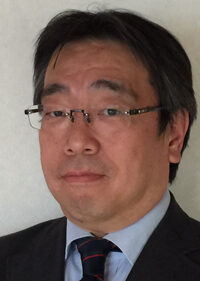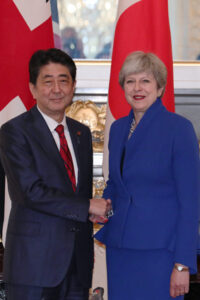
Key Points: Diverse frameworks are competing to lead the regional order RCEP increasingly important due to US withdrawal from the TPP Concerns that Belt and Road Initiative (BRI) is inconsistent with the liberal order The Regional Comprehensive Economic Partnership (RCEP) is an initiative targeting aspects of regional economic integration between the Association of South-East Asian Nations (ASEAN) and the six countries that already have free trade agreements (FTA) with the ASEAN (Japan, China, Korea, India, Australia and New Zealand). Formally declared open in 2012, the ongoing negotiations aim to establish the rules for eighteen areas including goods, services, investment, rules of origin, intellectual property, competition, and dispute settlement. One of the points in favor of the RCEP is that the members include China and India as well as all ten ASEAN countries. Only four of the ASEAN countries participate in the Trans-Pacific Partnership (TPP) ... ... [Read more]

